Tidal
Bores, Aegir, Eagre, Mascaret, Pororoca: Theory and Observations
CHANSON,
H. (2011).
"Tidal
Bores, Aegir, Eagre, Mascaret, Pororoca: Theory and Observations." World
Scientific, Singapore, 220
pages (ISBN: 978-981-4335-41-6 / 981-4335-41-X)
http://www.worldscibooks.com/engineering/8035.html
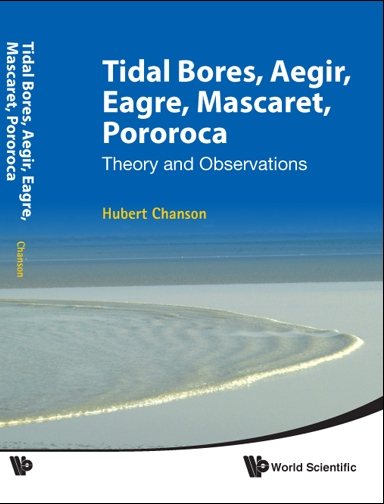 Author's
website : http://www.uq.edu.au/~e2hchans/
Author's
website : http://www.uq.edu.au/~e2hchans/
Publisher's website : http://www.worldscibooks.com/
Order form and flyer: {http://www.worldscibooks.com/engineering/8035.html}
Table of Contents: {at UQespace}
Presentation
Tidal Bores, Aegir, Eagre, Mascaret, Pororoca: what's all about it? A
tidal bore is a surge of waters propagating upstream as the tidal flow
turns to rising and the flood tide rushes into a funnel shaped river
mouth. The bore forms during the spring tides when the tidal
range exceeds 4 to 6 m and the rising tide waters are confined to the
narrow funnelled estuary. It is estimated worldwide that over 400
estuaries are affected by a tidal bore, on all continents but
Antarctica. A bore is a discontinuity of the water depth and it
represents a hydrodynamic shock. The tidal bores have a significant
impact on the environmental system and the ecology of the river mouth.
Recent studies demonstrated in particular the significant impact of
small tidal bores and of non-breaking undular surges on natural
channels. Surprisingly, the tidal bore remains a challenging research
topic to theoreticians, and many hydrodynamic features remain
unexplained.
The existence of a tidal bore is based upon a fragile hydrodynamic
balance between the tidal flow range, the freshwater river flow
conditions and the channel bathymetry. Some simple theoretical
considerations show that this balance may be too easily disturbed by
changes in boundary conditions and freshwater inflow. For examples, a
number of tidal bores disappeared because of river training, dredging
and damming. Man-made interventions led to the loss of several bores
with often adverse impacts onto the eco-system: e.g., the mascaret of
the Seine River (France) no longer exists after extensive training
works and dredging; the Colorado River bore (Mexico) is drastically
smaller after dredging. Although the fluvial traffic gained in safety
in some case, the ecology of estuarine zones were adversely affected.
The tidal bores of the Colorado (Mexico), Couesnon (France) and
Petitcodiac (Canada) Rivers almost disappeared after construction of
upstream barrage(s). At Petitcodiac, this yielded the elimination of
several native fish species. The proposed construction of the Severn
Barrage in UK is a major threat to one of the best documented tidal
bores: the Severn River bore.
Herein the author aims to share his enthusiasm and passion for the
tidal bores by documenting numerous tidal bores on our Planet. More
than 160 photographs are presented and documented. After a brief
introduction, some basic theoretical considerations are developed
(section 2). Then the major tidal bores in our Planet's continents are
introduced (section 3). The rumble noise of tidal bores is discussed
(section 4). The turbulence and turbulent mixing induced by a tidal
bore are documented (section 5) before the interactions between tidal
bores and mankind are discussed (section 6). The book is supported by
several appendices including a reliable reference list of tidal bores,
with all information on each tidal bore double-checked by independent,
reliable reports (App. A), a technical appendix on undular tidal bores
(App. B), some comments of tidal bore surfers (App. C) and a glossary
of technical terms (App. D), followed by a list of bibliographic,
Internet and audio-visual references.
This book aims to bridge the gap between the general knowledge and
scientific expertise on tidal bores. The general readership would be
interested to read first the sections 1, 3, 4 and 6, while the sections
2 and 5 would provide these readers with more scientific data. The
scientific readership would start first with the sections 1, 2, 4, and
5, and these readers would find some relevant illustrations the section
3 and some discussion in section 6.
Corrections
& Errata
Updates
Basic
equations in one dimension - Application of the momentum
equation
to tidal bores (pp. 10-13 &131)
Bibliographic
reference
LENG, X., and CHANSON, H. (2015). "Breaking Bore:
Physical
Observations of Roller Characteristics." Mechanics Research Communications,
Vol. 65, pp. 24-29 (DOI: 10.1016/j.mechrescom.2015.02.008) (ISSN
0093-6413). (PDF
file) (Preprint
at UQeSpace)
CHANSON, H. (2013). "Tidal Bore Research:
Field Works,
Physical Modeling, CFD & More." Proc.
35th IAHR World Congress,
Chengdu, China, 8-13 Sept., WANG Z., LEE, J.H.W., GAO, J., and CAO S.
Editors, Invited lecture, Paper A12210, 11 pages (ISBN
978-7-302-33544-3). (PDF
file) (Record at
UQeSpace)
CHANSON,
H. (2012). "Momentum Considerations in Hydraulic Jumps and Bores." Journal of Irrigation and Drainage
Engineering, ASCE, Vol. 138, No. 4, pp. 382-385 (DOI
10.1061/(ASCE)IR.1943-4774.0000409)
(ISSN 0733-9437). (Postprint at
UQeSpace) (PDF
file)
Turbulence
and mixing in tidal bores (pp. 105-114)
Bibliographic
reference
CHANSON,
H., and TOI, Y.H. (2015). "Physical Modelling of Breaking Tidal Bores:
Comparison with Prototype Data." Journal
of Hydraulic Research, IAHR, Vol. 53, No. 2, pp. 264-273 (DOI:
10.1080/00221686.2014.989458)
(ISSN 0022-1686). (Postprint at
UQeSpace) (PDF
file)
LENG, X., and CHANSON, H. (2015). "Turbulent
Advances of a
Breaking Bore: Preliminary Physical Experiments." Experimental Thermal and Fluid Science,
Vol. 62, pp. 70-77 (DOI: 10.1016/j.expthermflusci.2014.12.002) (ISSN
0894-1777). (PDF
file) (Record
at UQeSpace)
CHANSON,
H., and TOI, Y.H. (2013). "Breaking tidal bore: comparison between
field
data and laboratory experiments."
Proc.
21ème Congrès Français de Mécanique CFM 2013,
Bordeaux, France, 26-30 Aug., Paper
R3SJ46ER, 6 pages (USB)
(in English). (Record
at UQeSpace) (PDF file)
DOCHERTY,
N.J., and CHANSON, H. (2012). "Physical Modelling of Unsteady
Turbulence
in Breaking Tidal Bores." Journal of
Hydraulic Engineering, ASCE, Vol. 138, No. 5, pp. 412-419 (DOI:
10.1061/(ASCE)HY.1943-7900.0000542)
(ISSN 0733-9429). (Postprint at
UQeSpace) (PDF
file)
CHANSON, H., and DOCHERTY, N.J. (2012).
"Turbulent Velocity Measurements in Open Channel Bores." European Journal of Mechanics B/Fluids,
Vol. 32, pp. 52-58 (DOI 10.1016/j.euromechflu.2011.10.001) (ISSN
0997-7546). (Postprint at
UQeSpace) (PDF
file)
Impact on
sediment processes (pp. 123-124)
Bibliographic
references
KHEZRI, N., and CHANSON, H. (2013).
"Simultaneous
Measurements of
Turbulent Velocity and Sediment Motion under Tidal Bores." Proc. 35th
IAHR World Congress, Chengdu, China, 8-13 Sept., WANG Z., LEE,
J.H.W.,
GAO, J., and CAO S. Editors, Paper A10216, 10 pages (ISBN
978-7-302-33544-3). (PDF
file) (Record at
UQeSpace)
KHEZRI,
N., and CHANSON, H. (2012). "Inception of Bed Load Motion beneath a
Bore."
Geomorphology, Vol. 153-154,
pp.
39-47 & 2 video movies (DOI: 10.1016/j.geomorph.2012.02.006) (ISSN
0169-555X). (Postprint
at UQeSpace) (PDF
file)
KHEZRI, N., and CHANSON, H. (2012). "Undular and
Breaking
Tidal Bores on Fixed and Movable Gravel Beds." Journal of Hydraulic Research,
IAHR, Vol. 50, No. 4, pp. 353-363 (DOI: 10.1080/00221686.2012.686200)
(ISSN 0022-1686). (Postprint at
UQeSpace) (PDF
file)
Impact of tidal
bores on the estuarine processes - Fish egg dispersion (pp.
126-128)
Bibliographic
references
CHANSON,
H., and TAN, K.K. (2011). "Turbulent Dispersion of Fish Eggs under
Tidal
Bores." Fluid Dynamics &
Materials Processing, Tech Science Press, Vol. 7, No. 4, pp.
403-418 (ISSN
1555-256X (Printed); 1555-2578 (Electronic)). (Postprint at
UQeSpace) (PDF file)
CHANSON, H., and TAN, K.K. (2010). "Turbulent Mixing
of
Particles under Tidal Bores: an Experimental Analysis." Journal of Hydraulic Research,
IAHR, Vol. 48, No. 5, pp. 641-649 (DOI: 10.1080/00221686.2010.512779
(ISSN 0022-1686). (PDF
file) (Record at
UQeSpace)
Fragility of tidal
bore - Effects of/on man-made structures (pp. 125-126 &
131-142)
Bibliographic
reference
PAN, D.Z., and CHANSON, H. (2015). "Physical Modelling of Tidal
Bore
Dyke Overtopping: Implication on Individuals' Safety." Proc. 36th IAHR World Congress, The
Hague, The Netherlands, 27 June-3 July, Paper 78972, 8 pages. (PDF
file)
CHANSON,
H. (2011). "Undular Tidal Bores: Effect of Channel Constriction and
Bridge
Piers." Environmental Fluid
Mechanics, Vol. 11, No. 4, pp. 385-404 & 4 videos (DOI:
10.1007/s10652-010-9189-5) (ISSN 1567-7419 [Print] 1573-1510 [Online]).
(PDF
file) (Record
at UQeSpace)
Field measurements in tidal bores
Australia
Daly River
WOLANSKI, E., WILLIAMS, D., SPAGNOLA, S., and
CHANSON, H. (2004).
"Undular Tidal Bore Dynamics in the Daly Estuary, Northern Australia." Estuarine, Coastal and Shelf Science,
Vol. 60, No. 4, pp. 629-636 (ISSN 0302-3524). (Download PDF
file)
France
Garonne River
CHANSON, H., LUBIN, P., SIMON, B., and REUNGOAT, D.
(2010). "Turbulence and Sediment Processes in the Tidal Bore of the
Garonne River: First Observations." Hydraulic
Model Report No. CH79/10, School of Civil Engineering, The
University of Queensland, Brisbane, Australia, 97 pages (ISBN
9781742720104). (PDF file at
UQeSpace)
SIMON, B., LUBIN, P., REUNGOAT, D., and CHANSON, H.
(2011). "Turbulence Measurements in the Garonne River Tidal Bore: First
Observations." Proc. 34th IAHR World
Congress, Brisbane, Australia, 26 June-1 July, Engineers
Australia Publication, Eric VALENTINE, Colin APELT, James BALL, Hubert
CHANSON, Ron COX, Rob ETTEMA, George KUCZERA, Martin LAMBERT, Bruce
MELVILLE and Jane SARGISON Editors, pp. 1141-1148 (ISBN
978-0-85825-868-6). (PDF
file) (Record at
UQeSpace)
CHANSON, H., REUNGOAT, D., SIMON, B., and LUBIN, P. (2011).
"High-Frequency Turbulence and Suspended Sediment Concentration
Measurements in the Garonne River Tidal Bore." Estuarine Coastal and Shelf Science,
Vol. 95, No. 2-3, pp. 298-306 (DOI 10.1016/j.ecss.2011.09.012) (ISSN
0272-7714). (PDF file at
UQeSpace) (PDF file)
REUNGOAT, D., CHANSON, H., and CAPLAIN, B. (2012). "Field Measurements
in the Tidal Bore of the Garonne River at Arcins (June 2012)." Hydraulic Model Report No. CH89/12,
School of Civil Engineering, The University of Queensland, Brisbane,
Australia, 121 pages (ISBN 9781742720616). (PDF file at
UQeSpace)
REUNGOAT, F., CAPLAIN, B., and CHANSON, H. (2013).
"Field Measurements in the Tidal Bore of the Garonne River after a
Recent Flood." Proc. Coastal
Dynamics 2013, Arcachon, France, 24-28 June, pp. 1309-1318. (Record
at UQeSpace) (PDF
file)
REUNGOAT,
D., CHANSON, H., and CAPLAIN, B. (2014). "Sediment Processes and Flow
Reversal in the Undular Tidal Bore of the Garonne River (France)." Environmental Fluid Mechanics, Vol.
14,
No. 3, pp. 591–616 (DOI: 10.1007/s10652-013-9319-y) (ISSN 1567-7419
[Print] 1573-1510 [Online]). (Postprint at
UQeSpace) (PDF
file)
REUNGOAT, D., CHANSON, H., and KEEVIL, C.E. (2015). "Field
Measurements
of Unsteady Turbulence in a Tidal Bore: the Garonne River in October
2013." Journal of Hydraulic Research,
IAHR, Vol. 53, No. 3, pp. 291-301 (DOI: 10.1080/00221686.2015.1021717)
(ISSN 0022-1686). (Postprint at
UQeSpace) (PDF
file)
KEEVIL,
C.E., CHANSON, H., and REUNGOAT, D. (2015)." Fluid
Flow and Sediment Entrainment in the Garonne River Bore and Tidal Bore
Collision." Earth Surface Processes
and Landforms, Vol. 40, No. 12, pp. 1574-1586 (DOI:
10.1002/esp.3735) (ISSN 0197-9337). (PDF file) (Preprint
at UQeSpace)
Sélune River
MOUAZE, D., CHANSON, H., and SIMON, B. (2010). "Field
Measurements in
the Tidal Bore of the Sélune River in the Bay of Mont Saint
Michel
(September 2010)." Hydraulic Model
Report No. CH81/10, School of Civil Engineering, The University
of Queensland, Brisbane, Australia, 72 pages (ISBN 9781742720210). (PDF
file at UQeSpace)
United
Kingdom
Dee
River
SIMPSON,
J.H., FISHER, N.R., and WILES, P. (2004). "Reynolds Stress and TKE
Production in an Estuary with a Tidal Bore." Estuarine, Coastal and Shelf Science,
Vol. 60, No. 4, pp. 619-627.
Audiovisual references
"Les Fils de la Lune" (2005) by Philippe LESPINASSE, Grand Angle
production, France, 50 minutes. / "The Children of the Moon", SBS,
Australia, Sat. 14 Mar. 2009. [UQ
Library reference] - The documentary "Les Fils de la Lune"
('Children of the Moon') was shown in Thalassa on channels FR3 and TV5
in November 2005 (over 120 Millions of subscribers worldwide)
NHK Japan Broadcasting Corp (1989). "Pororoca: the Backward Flow of
the Amazon." Videocassette VHS colour, NHK, Japan, 29 minutes. [UQ
Library reference]
"Rendez Vous avec le Dragon" (2008) by Philippe LESPINASSE, Thalassa
on channel France 3, 7 March. 2008.
"Tidal bore of the Dordogne River, France on 27 September 2000"
(2000) by Hubert CHANSON, IAHR Media Library, video file (1:10)
{http://www.iahrmedialibrary.net}.
"Tidal bore of the Sélune River, Baie du Mont Saint Michel,
France on 7 April 2004 (1)" (2004) by Hubert CHANSON, IAHR Media
Library, video file (0:38) {http://www.iahrmedialibrary.net}.
"Tidal bore of the Sélune River, Baie du Mont Saint Michel,
France on 7 April 2004 (2)" (2004) by Hubert CHANSON, IAHR Media
Library, video file (1:09) {http://www.iahrmedialibrary.net}.
"Tidal bore of the Sélune River, Baie du Mont Saint Michel,
France on 7 April 2004 (3)" (2004) by Hubert CHANSON, IAHR Media
Library, video file (1:09) {http://www.iahrmedialibrary.net}.
"La Tribu du Mascaret" (2004) by Philippe LESPINASSE, Grand Angle
production, France, 30 minutes. [UQ
Library reference] - Thalassa on channel France 3, 9-10 Dec. 2004.
/ "Surfing the Dordogne", SBS, Australia, Sat. 7 Oct. 2006.
Useful Links
Technical Resources
Photographic Resources
Gallery of
Photographs in Environmental Fluid Mechanics, Hydraulic Engineering and
Water Sciences
{http://www.uq.edu.au/~e2hchans/photo.html}
Photographs
of tidal
bores ...
{http://www.uq.edu.au/~e2hchans/photo.html#Tidal_bores}
Photographs
of whirlpools
...
{http://www.uq.edu.au/~e2hchans/photo.html#Whirlpools}
Research publications
Research
Papers in Environmental Fluid Mechanics and Water Engineering
{http://www.uq.edu.au/~e2hchans/reprints.html}
Free reprints of research papers
in Environmental Fluid Mechanics, Hydraulic
Engineering
and Water Sciences. (Format : *.PDF, *.DOC and *.ZIP.)
{http://espace.library.uq.edu.au/list/author_id/193/}
at the open access repository UQeSpace.
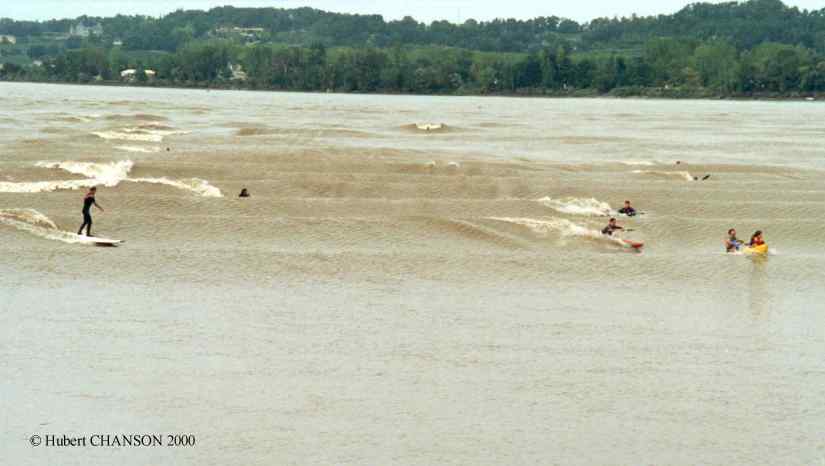
Hubert CHANSON
is a Professor in Civil Engineering,
Hydraulic Engineering and Environmental Fluid Mechanics at
the University of Queensland,
Australia. His research interests include design of hydraulic
structures, experimental investigations of two-phase flows, applied
hydrodynamics, hydraulic engineering, water quality modelling,
environmental fluid mechanics, estuarine processes and
natural resources. He has been an active consultant for both
governmental agencies and private organisations. His publication record
includes over 700 international refereed papers and his work was cited
over 2,700 times (WoS) to 10,500 times (Google
Scholar) since 1990. His h-index is 27 (WoS), 30 (Scopus) and 47 (Google
Scholar). Hubert Chanson is the
author
of twenty books, including "Hydraulic
Design
of
Stepped Cascades, Channels, Weirs and Spillways" (Pergamon, 1995), "Air Bubble Entrainment in Free-Surface
Turbulent Shear Flows" (Academic
Press, 1997), "The Hydraulics of
Open Channel Flow : An Introduction" (Butterworth-Heinemann, 1st
edition 1999, 2nd editon 2004),
"The Hydraulics of Stepped Chutes and
Spillways" (Balkema, 2001), "Environmental Hydraulics of
Open Channel
Flows" (Butterworth-Heinemann,
2004), "Tidal Bores,
Aegir, Eagre, Mascaret, Pororoca: Theory And Observations" (World
Scientific, 2011) and "Applied
Hydrodynamics: an Introduction" (CRC Press, 2014). He
co-authored two further books "Fluid
Mechanics
for Ecologists" (IPC Press,
2002) and "Fluid Mechanics for Ecologists. Student Edition" (IPC, 2006). His textbook "The
Hydraulics of Open Channel Flows : An
Introduction" has already been translated into Spanish (McGraw-Hill Interamericana)
and Chinese (Hydrology Bureau of Yellow River Conservancy
Committee), and the second
edition was published in 2004. In 2003, the IAHR
presented him with the 13th Arthur Ippen
Award for outstanding
achievements in hydraulic engineering. The American Society of Civil
Engineers, Environmental and Water Resources Institute (ASCE-EWRI)
presented him with the 2004 award for the Best Practice paper in the
Journal of Irrigation and Drainage Engineering ("Energy
Dissipation and Air Entrainment in
Stepped Storm Waterway" by Chanson and Toombes 2002). Hubert
Chanson edited further several books : "Fluvial,
Environmental and
Coastal Developments in Hydraulic
Engineering" (Mossa, Yasuda & Chanson 2004, Balkema), "Hydraulics.
The Next
Wave" (Chanson & Macintosh 2004, Engineers
Australia), "Hydraulic
Structures: a
Challenge to Engineers and Researchers" (Matos & Chanson 2006, The University of Queensland), "Experiences
and Challenges in Sewers:
Measurements and Hydrodynamics" (Larrate & Chanson 2008,
The University of Queensland),
"Hydraulic
Structures: Useful
Water Harvesting Systems or Relics?" (Janssen & Chanson 2010,
The University of Queensland),
"Balance and
Uncertainty: Water in a Changing World" (Valentine et al. 2011, Engineers Australia), "Hydraulic
Structures and Society – Engineering Challenges and Extremes"
(Chanson and Toombes 2014, University
of Queensland), "Energy
Dissipation in Hydraulic Structures" (Chanson 2015, IAHR Monograph, CRC Press).
He chaired the Organisation of the 34th
IAHR World Congress held in Brisbane, Australia between 26
June and 1 July 2011. He chaired the Scientific Committee of the 5th
IAHR International Symposium on Hydraulic Structures held in
Brisbane in June 2014.
His Internet home page is http://www.uq.edu.au/~e2hchans.
He also developed a gallery of photographs website {http://www.uq.edu.au/~e2hchans/photo.html}
that received more than 2,000 hits per month since inception.
This page is inddex with Google Analytics.
Last updated on 14/12/2015.
Back to Prof Hubert CHANSON's Home Page

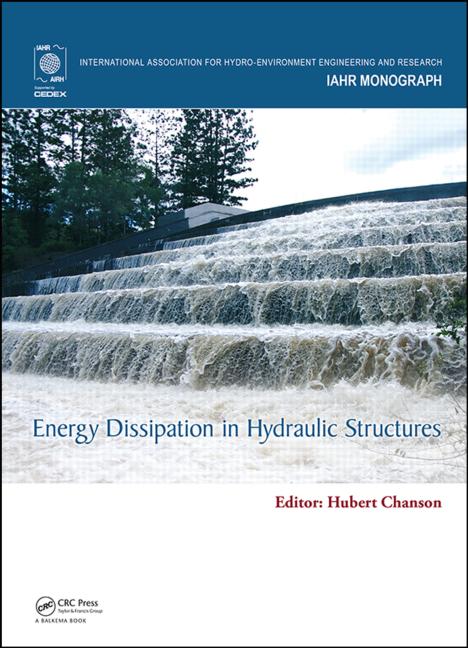
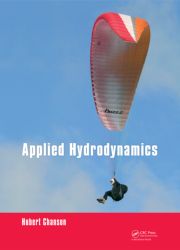

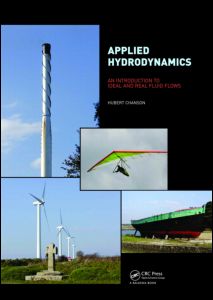
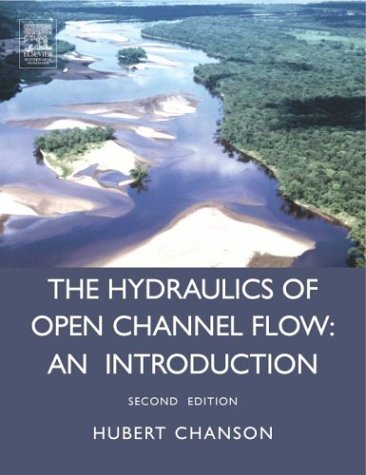
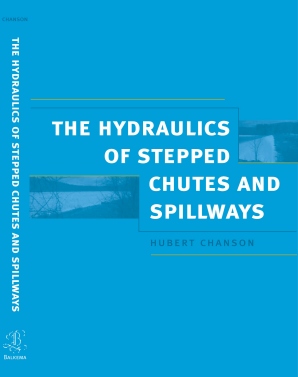
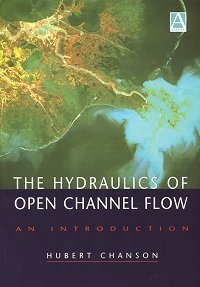


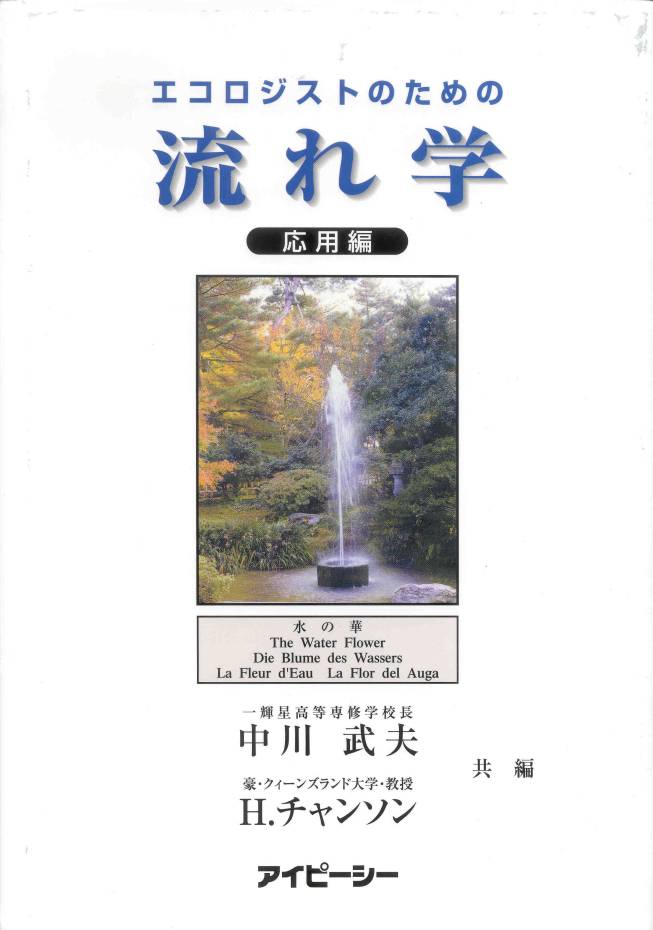
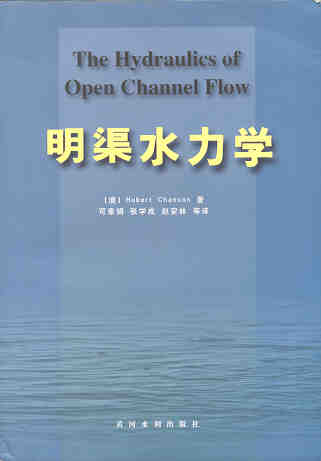
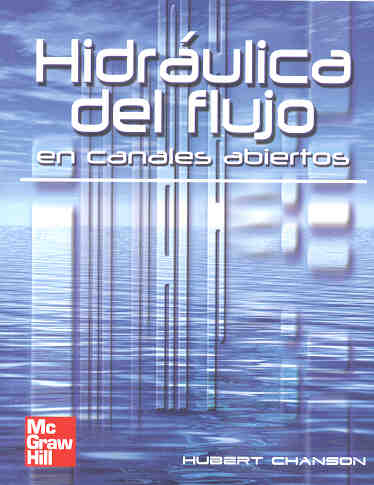
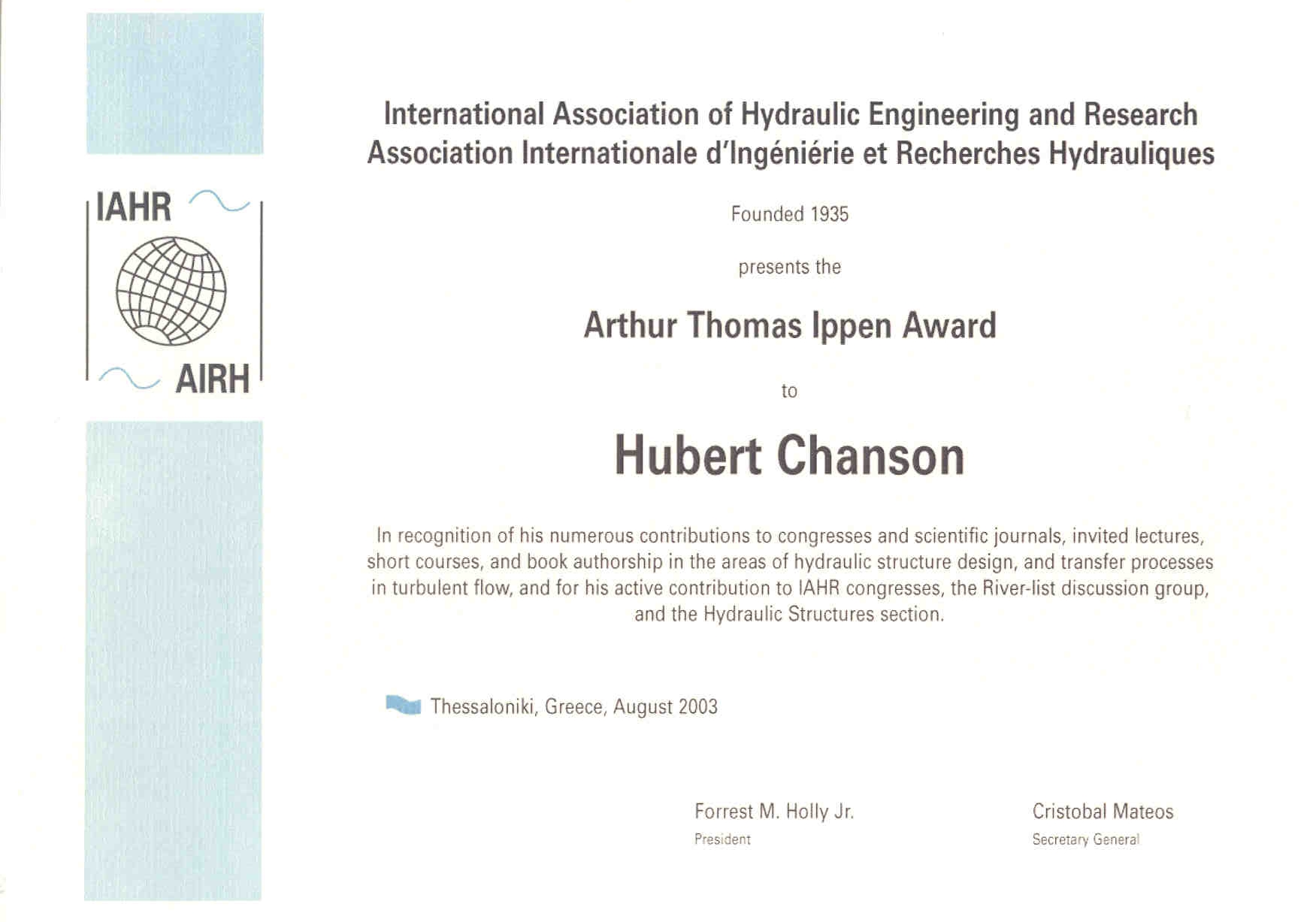
 Author's
website : http://www.uq.edu.au/~e2hchans/
Author's
website : http://www.uq.edu.au/~e2hchans/
